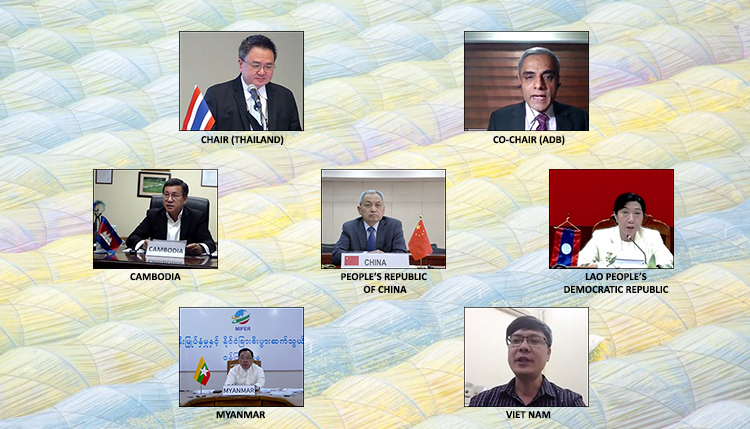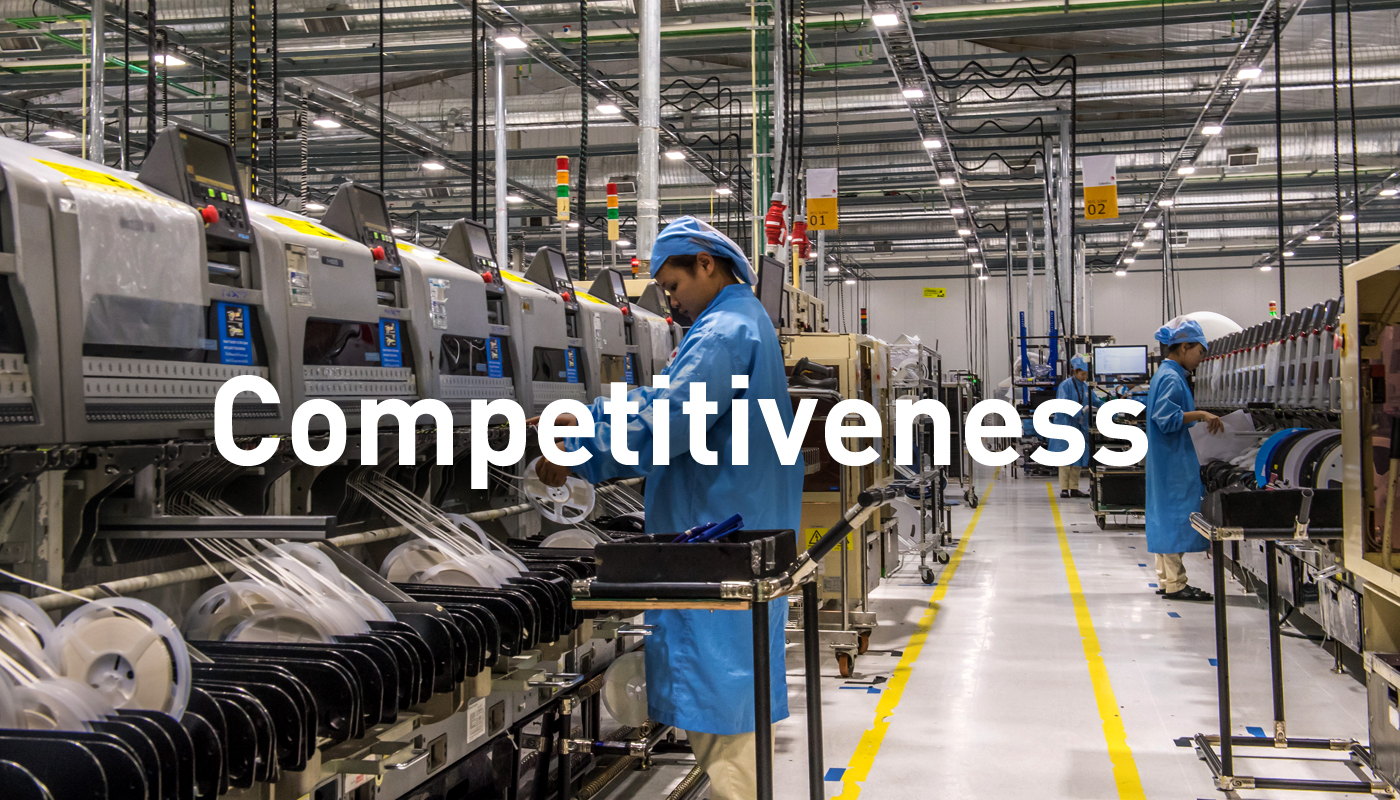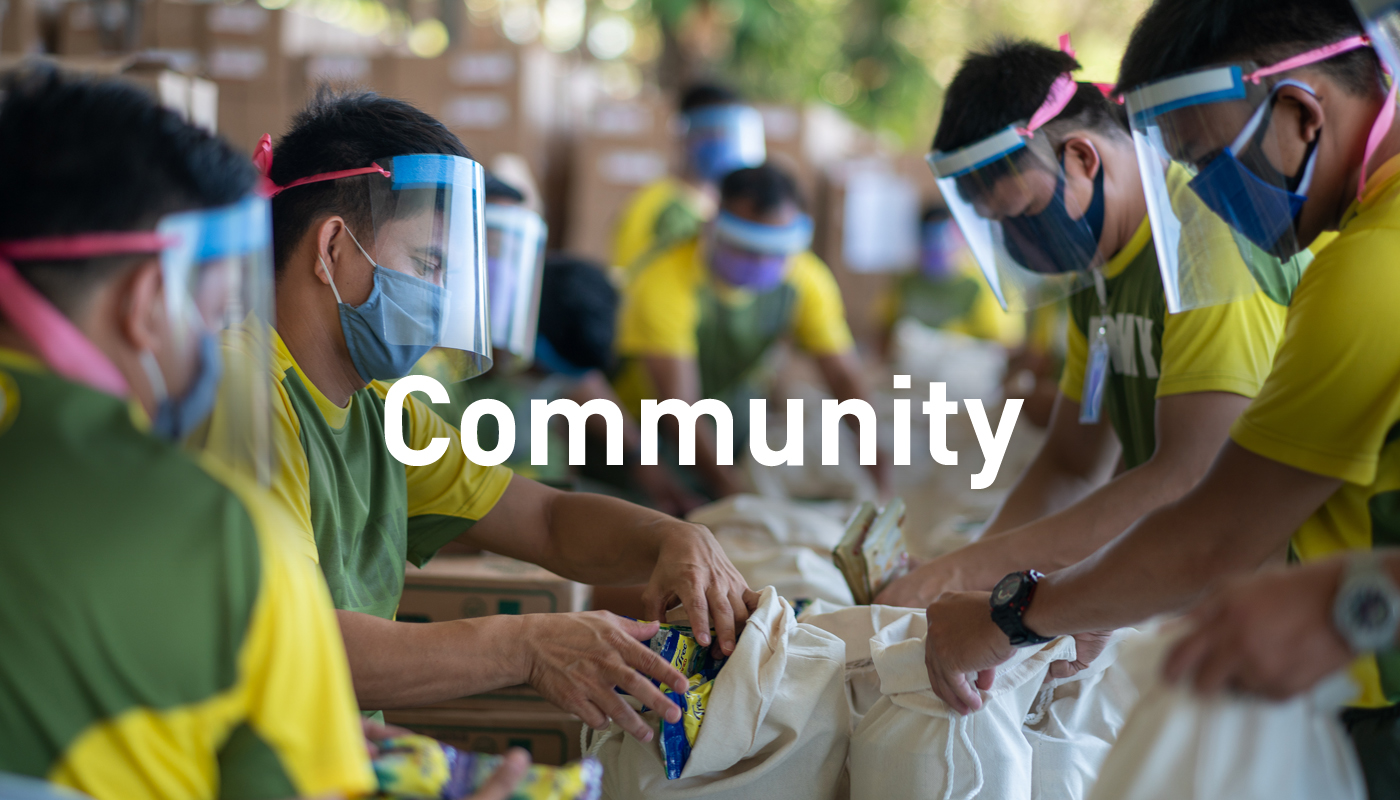Greater Mekong Subregion 11th Economic Corridors Forum
|
The Government of Thailand will chair the 11th Economic Corridors Forum (ECF-11) on 28 October 2020 with the theme “Boosting Competitiveness, Connectivity, and Community in the GMS Economic Corridors through Focused and Integrated Spatial Development.” The meeting, to be held via web-based conferencing, will emphasize initiatives and interventions aimed at accelerating the development of the Greater Mekong Subregion (GMS) economic corridors. This year’s ECF continues the tradition of getting together to discuss programs, experiences, and knowledge for the continuous improvement of an integrated, prosperous, sustainable, and equitable subregion. The GMS subregion’s economic corridors emphasize an enhanced spatial approach and the development of an integrated network of economic corridors. It is promoted through three core principles to guide economic corridor development: environmental sustainability and resilience, internal and external integration, and inclusivity. The upcoming meeting will include the sessions below.
GMS Senior officials, representatives of development partner organizations, private sector, and ADB officials will be invited to participate in this meeting. The 11th Economic Corridors Forum (ECF-11) was held on 28 October 2020 with the theme “Boosting Competitiveness, Connectivity, and Community in the Greater Mekong Subregion (GMS) Economic Corridors through Focused and Integrated Spatial Development.” Mr. Wanchat Suwannakitti, Senior Advisor to Policy and Plan Office of the National Economic and Social Development Council of the Government of Thailand, chaired the meeting. Mr. Ramesh Subramaniam, Director General, Southeast Asia Department at the Asian Development Bank (ADB), co-chaired this virtual event. This virtual forum was convened to share and jointly review key findings of initiatives implemented by GMS member countries and the GMS Secretariat. It aims to accelerate the more integrated, prosperous, and inclusive development of GMS economic corridors. The meeting preceded the 24th GMS Ministerial Meeting held on 4 November 2020. About 200 participants consisting of Senior Officials of the six GMS countries—Cambodia, the PRC, Lao People’s Democratic Republic (PDR), Myanmar, Thailand, and Viet Nam, development partner organizations, private sector representatives, and ADB officials joined the forum. Key outcomes of the meeting include:
The forum issued a news release at the conclusion of the meeting. |






